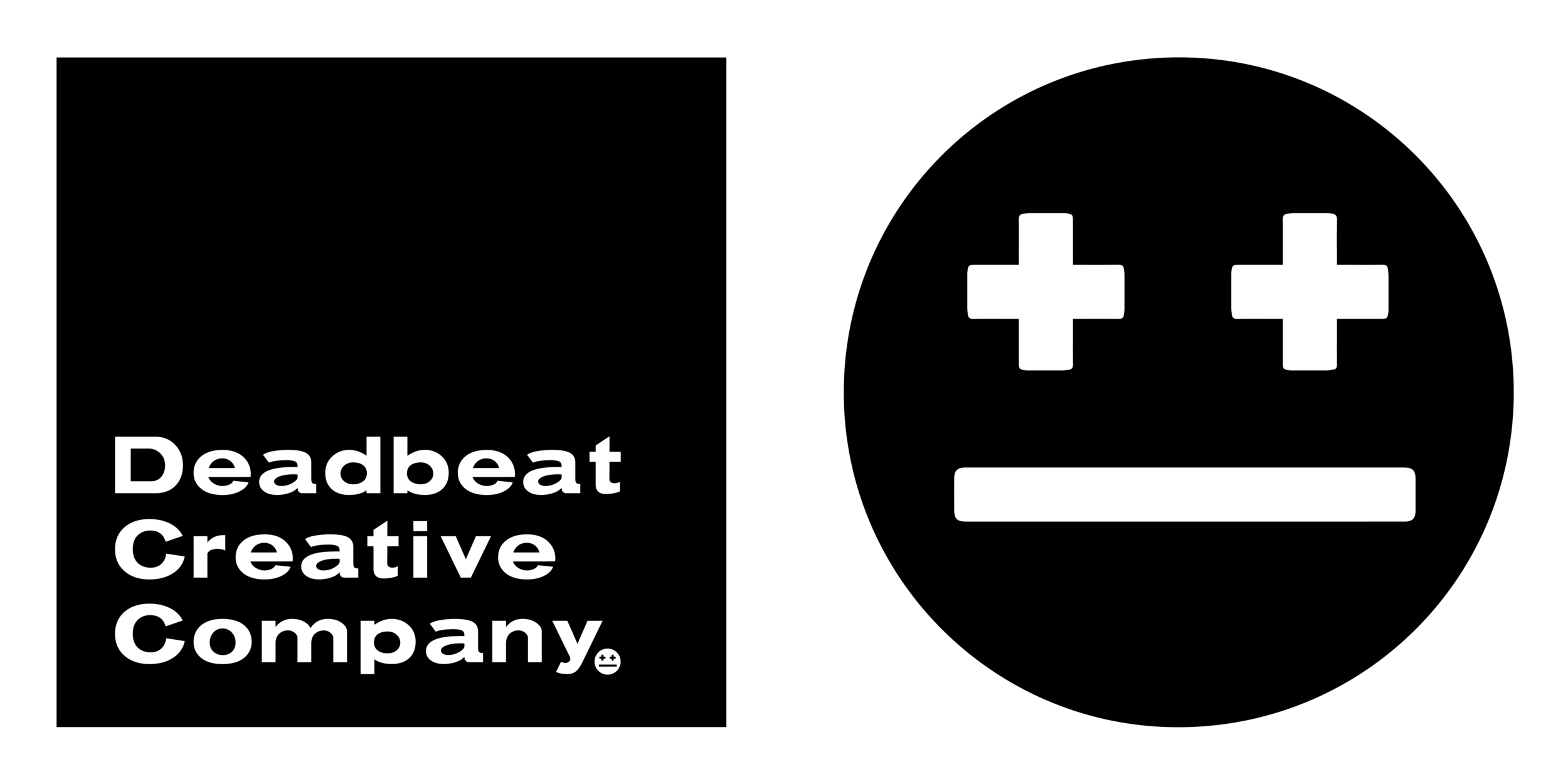The New Era
Welcome to Deadbeat TV. Hopefully you enjoyed our interview with Redcap Productions. Moving forward, this segment will be where you can find comments on critically acclaimed shows and films, accompanied by illustration, interviews, and occasionally, editorials delving further into what certain shows and films are dealing with. This feature will broadly look at the new era of television, both for the viewer and those behind the camera. Prepare for an abundance of paradoxes in this piece as the line is indefinitely blurred when talking about this transition to what TV and film have manifested into.
It wasn’t too long ago that the silver screen, on the whole, was considered daily, more often than not, cheap escapism. However, if you look back as far as '99 and into the early 2000’s, you start to see examples of how the ideas of regular broadcasting were being challenged. We start to see shows like The Sopranos, The Wire and Lost bring to the fore, a format that broke the mould in terms of what narrative arc, character development and production could be. Long form story telling is a major benefit when it comes to all of these factors allowing the time for everything to blossom into something less forgettable.
Arguably, this approach to television has not only intensified in the past few years, but those who provide us with this content have entered somewhat of a regeneration and diversification as well. A drama that most recently exemplifies this creative shift is True Detective (maybe not quite successfully, season 2). We see Hollywood directors, writers and producers having more of a collaborative approach. The attraction to one off series for the A list actors is perhaps the quality of writing, production and commitment that a film brings, without the endlessness that a traditionally formatted series entails. It’s a fine balance that leans in the favour of television. It’s one that also allows for a range of emotions, that few films can achieve. The feel of a series can fluctuate from episode to episode, keeping it fresh.
It’s much easier to become emotionally invested in a show given the amount of time you spend with the characters. It’s Always Sunny in Philadelphia is a great example. You can fall in love with a group of characters for all their ridiculous traits, given the time and space to enjoy their intricacies. That’s what makes it so hilarious. My best friend recently put me onto the bloopers, which are great at showing the free form, “wing it” nature of the filming process. Check them out below.
Bloopers from Season 6 of It's Always Sunny in Philadelphia.
On the total flip to It’s Always Sunny, the narrative momentum of the show Mad Men equally allows for that relationship, possibly friendship to build with it’s characters. Unashamedly, if you’re slightly pathetic and wish you could have a smoke and a whiskey with Don Draper, then we are cut from the same ilk. The slow burning, effortlessly cool drama draws you in though and the quality of performances in the show is superlative. Hannibal is another modern classic worth talking about. Yes, it has been cancelled, possibly for leaning too much on it’s art house sensibilities in series three. But at it’s best, Hannibal is a feast for the senses with beautiful cinematography bizarrely complimenting brutal violence. All the while, exploring the complexities of the human psyche through intricate story telling and rich visuals. Yet, it’s on TV, or it was, but still, a true game changer.
The quantity and quality of television and the way in which we now consume is also of note. Streaming services such as Netflix allow for binge watching series, uploading all episodes of House Of Cards at once, for example. These services are possibly responsible for the perception that much of cinema isn’t worth going to anymore, save for the few blockbusters and movies that get hyped by critics. A lot of film is now franchise based as a result, as production companies feel the need to build loyalty to secure ticket sales, perhaps, or maybe the audience want more of that long form story telling they’re used to with television.
Television is arguably greater for the credibility of many actors and actresses. Take Bryan Cranston from Breaking Bad, for example. Highly revered and lauded in his role as Walter White, ending the show and taking up a role in "Godzilla”. Pulling no punches, it was total trash. Aaron Paul did the same with "Need For Speed”. I suppose many actors just want a challenge, but more and more we see them returning to television. If you want a very recent example of Hollywood invading the small screen, thus reinforcing whatever vague point I’m making, check out the cast list/trailer for Netflix’s new series Wet Hot American Summer, or just watch the show, as it’s rather good.
Of course, there's Game of Thrones, ironically, the most illegally downloaded show of all time even though it broke the Guiness World Record for how many countries it legally aired in simultaneously. It's just a juggernaut in the television world and without delving into any of the multi layered storylines, it's definitely worth dedicating some time to the medieval fantasy. Have a look at anything mentioned in this piece when you get some free time, if you haven’t already had that moment, "(…) inbetween Netflix episodes when you see your reflection on the black screen and wonder what the fuck you’re doing with your life” and feel free to throw some recommendations in the comment section. Once again, cheers for reading.





